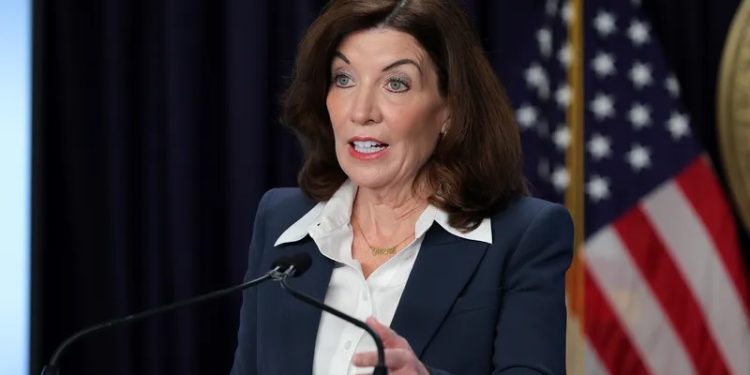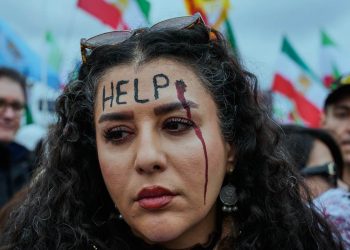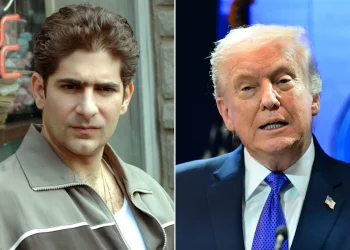New York Governor Kathy Hochul has proposed a school phone ban that would require most devices to be stored away from the start of the next school year until dismissal.
Unveiling specifics on Wednesday, Hochul explained that the ban, part of her $252 billion budget proposal, would mandate that public and charter schools implement a policy preventing students from using “internet-enabled devices” during the school day. Schools will have until August to devise individual policies to roll out in the fall.
“We’re going to make sure there are no smartphones, no watches, no tablets, no beeps or dings in that sacred space between the bell in the morning and the bell in the afternoon,” Hochul said. “That’s how we start saving these kids.”
District Autonomy
The proposed ban allows school districts flexibility in how they implement the policy. This may include the use of locking pouches, lockers, or other methods. Schools must:
• Establish a written policy banning phone use on school grounds during the school day.
• Provide a means for parents to contact students during the day.
• Create on-site storage for devices.
• Post the policy online.
• Track and report disciplinary cases involving policy violations, starting with an annual report in September 2026.
The proposal includes exceptions for medical needs, such as insulin monitoring, as well as translation services and other educational purposes approved by teachers. Students in special education programs may also be exempted.
If adopted, schools must have their policies in place by August 1, with the goal of starting implementation for the 2025-2026 school year.
Funding for Implementation
Hochul is asking for $13.5 million—around $10 per student—to support schools in enforcing the policy, including the purchase of locking pouches or other storage solutions. “We don’t want there to be any reason any school cannot participate,” Hochul said. Schools will need to request reimbursement from the state for costs but cannot apply retroactively for prior implementations.
Unanswered Questions
Despite the proposal’s outlines, several details remain unclear. The plan does not specify an enforcement mechanism or assign oversight to a state agency. It is also unclear whether schools will face a cap on reimbursement amounts.
Commenting on the plan, a spokesperson for City Schools Chancellor David Banks said, “We are looking forward to partnering with the governor in this work to protect our students’ mental health and keep our kids safe.”
Approval from the state legislature is still required before the policy can move forward.
 Telegram is where we really talk. Don't miss out!
Telegram is where we really talk. Don't miss out!








